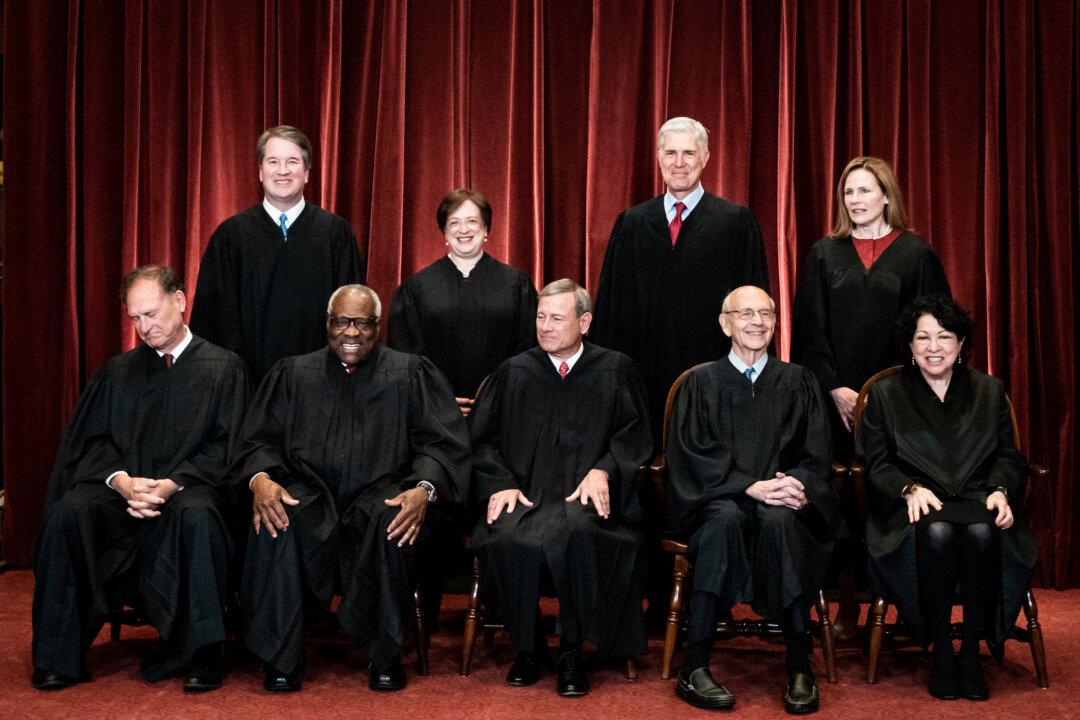The U.S. Supreme Court on Monday declined to issue an injunction against New York’s COVID-19 vaccine mandate for health care workers, which doesn’t allow them to seek a religious exemption.
New York state imposed the vaccine mandate for doctors and nurses in August, which allows only for medical exemptions, not religious ones. The religious exemption policy expired in November.





